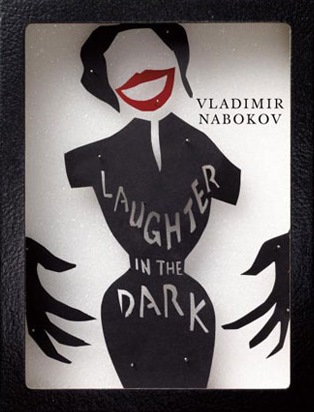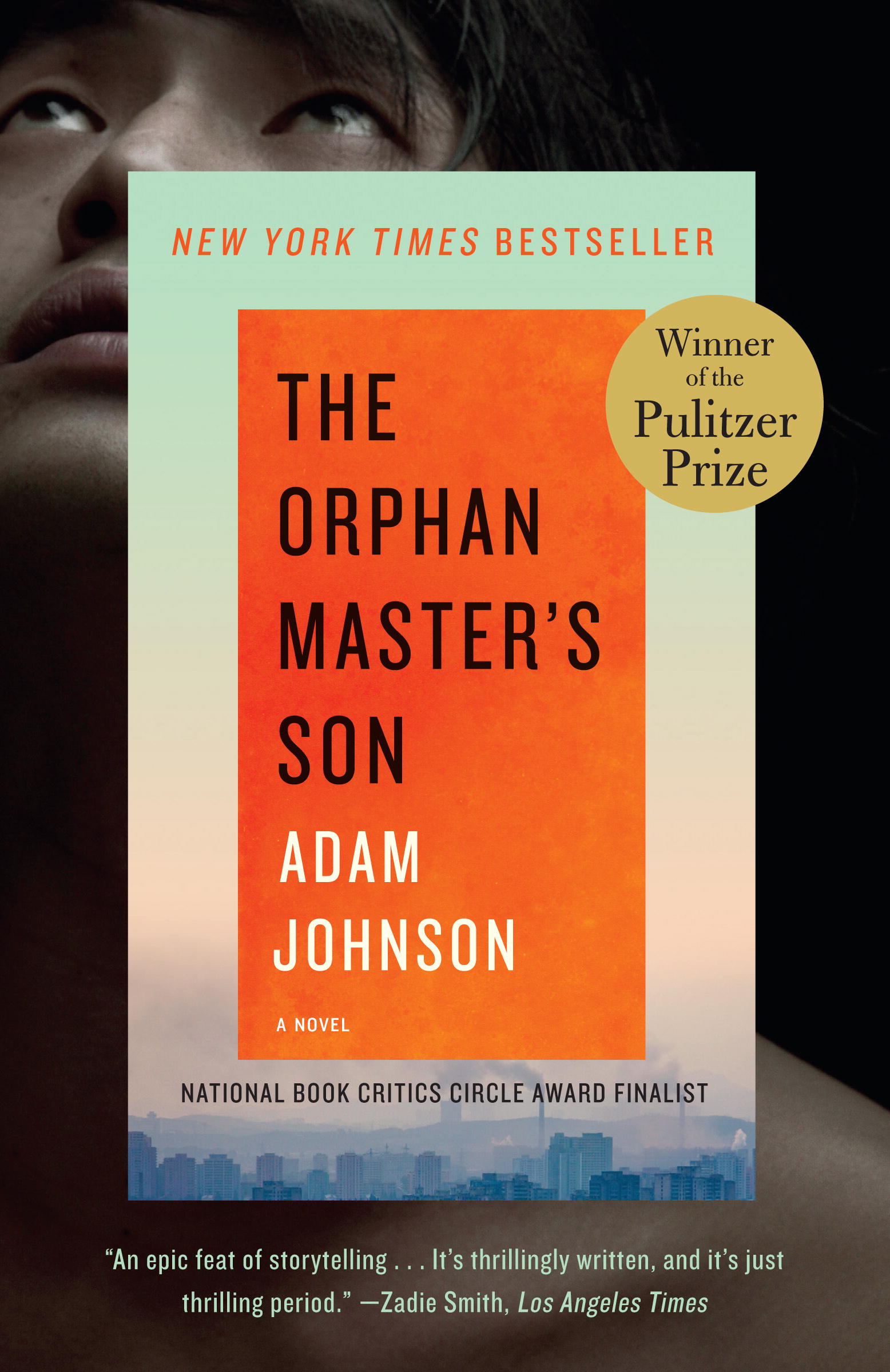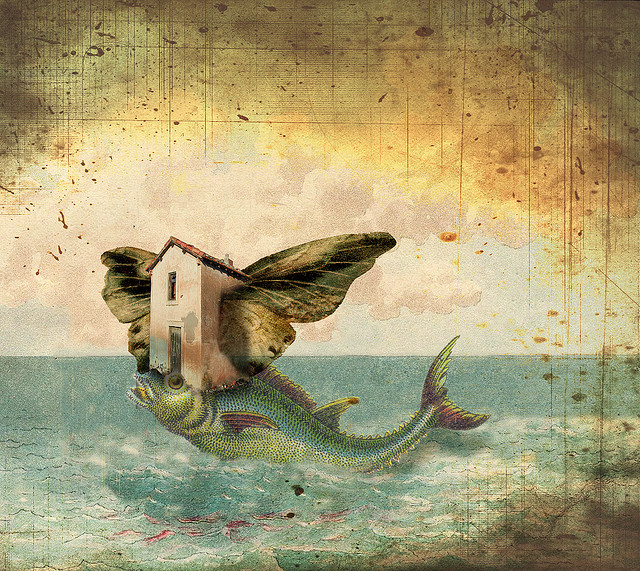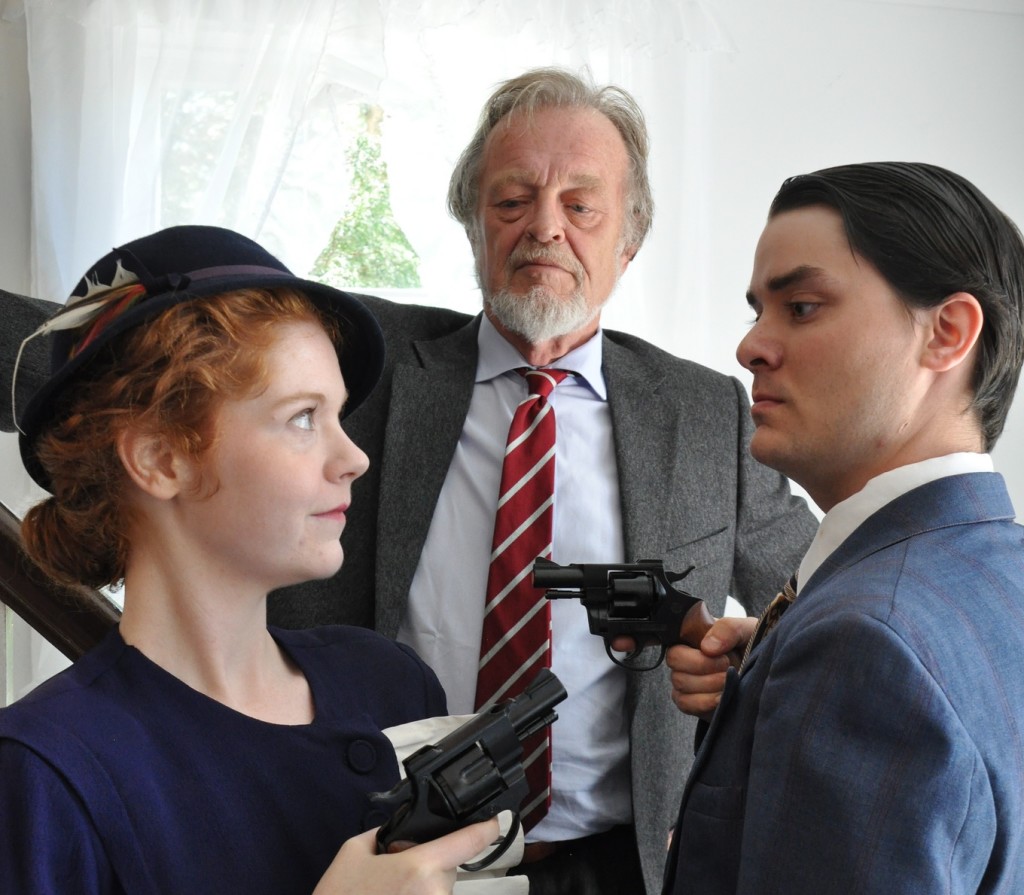I came across Tracy-Gregory Gilmore’s list of people who have influenced him, and I found the idea charming. Exposure to a few different people’s ideas has been incalculably valuable to me, and I want to publicly thank them like Gilmore did.
These are people I consider “remote mentors” (a concept that I wrote about in August, 2016). Two writers in particular have profoundly shaped how I see the world: Scott Alexander of Slate Star Codex and Ben Thompson of Stratechery. Their names are repeated on the list below, but they deserve special recognition.
In chronological order:
- Vladimir Nabokov, who penned the infamous novel Lolita, is my favorite author. That book in particular turned me onto postmodernism and moral complexity.
- Ben Thompson of Stratechery is a business analyst who writes about the tech industry. Reading his articles got me interested in business and economics, and I learned a lot from his commentary on incentives and the structure(s) of markets.
- Scott Alexander of Slate Star Codex is… well, professionally he’s a psychiatrist, but online he’s a cultural philosopher. His essays on identity, community, and politics have been very illuminating. Everything is signaling!
- Venkatesh Rao, creator of Ribbonfarm and Breaking Smart, is a writer in a similar vein to Scott Alexander of Slate Star Codex. The label “cultural philosopher” once again feels like it fits. His area of expertise is breaking people’s mental models and then helping reconstruct them.
- Meredith Patterson and Alice Maz are both programmers who wrote essays that helped me become more empathetic. Patterson wrote “Okay, Feminism, It’s Time We Had a Talk About Empathy” and “When Nerds Collide”. Maz wrote “Splain it to Me”.
- Adam Elkus and David Auerbach are two polymath scholars who incisively understand the meta-politics of the cyber age (which is only just dawning, I might add).
- Lou Keep’s Uruk Series is a phenomenal tool for understanding modern discontent and the failure cases of social control systems. Start with the essay on Seeing Like a State and then skip to the essay on witch doctors.
Last updated 4/25/2019. Purely prose tweaks this time.






